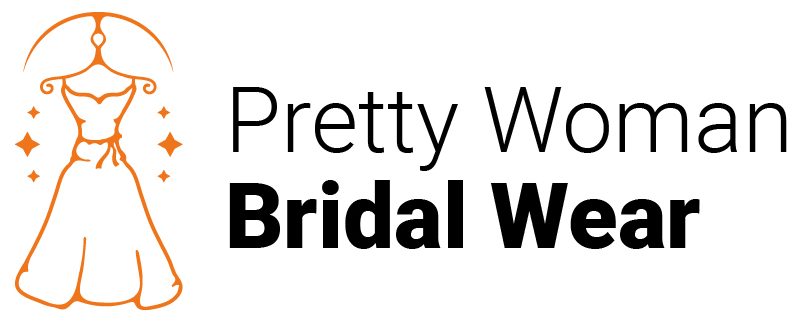Charlie Craig and David Mullins visited the Masterpiece Cakeshop, located in Lakewood, Colorado, on July 12, 2012, to order a wedding cake. Jack Phillips, owner of the cake shop, told them that he wouldn’t make a wedding cake for same-sex couples. Craig and Mullins left immediately. They sued Phillips later for discrimination.
What if it happened in Australia?
Phillips’ conduct was legal in this country until 2012. In 2013, the Sex Discrimination Act was amended , explicitly including sexual orientation as an illegal ground of discrimination. Most Employers and Service Providers are now prohibited from denying equal treatment to anyone based on their sexual orientation.
This amendment was controversial, especially in light of recent efforts to legislate marriage equality. Some religious groups have argued that this could lead to a violation of their religious liberty by forcing them to provide services to LGBTI individuals.
In Colorado, this is exactly what happened. Craig and Mullins won their legal action, and Phillips had to:
… [c]ease discriminating against… couples of the same sex by refusing them to sell wedding cakes or other products [they] provide to heterosexual couples.
In his ruling, Justice Spencer noted:
It may appear reasonable at first glance that a private company should have the right to refuse service to any customer. This view fails to consider the costs to society or the harm caused to people who are denied service because of their identity.
He explained that US law interprets religious freedom to cover primarily:
The state has legitimate interests to promote health, safety, and welfare.
Justice Spencer emphasized that, in dismissing Phillips’ arguments about religious freedom,:
To excuse from state control all religiously motivated behavior would allow every citizen to be a law unto themselves.
He said:
The refusal of [Phillips] to serve a couple who are the same gender due to religious objections to same-sex marriages is not different than refusing to service a couple who are biracial because of religious opposition to biracial weddings.
Some Australian religious organizations have expressed concerns about the shift to stronger protection of LGBTI rights. Archbishop Anthony Fisher argues, for instance, that this protection could reduce the space for religious freedom and “license [the] vilification” of people’s conscience beliefs.
Such arguments, however, privilege the status quo in which a small segment of society has been allowed to assert its rights and liberties at the expense and rights and libertés of others.
In Australia, discrimination is rampant. The Australian government regularly denies people equal employment opportunities on the basis of race, parental status, and disabilities.
The lack of access to services is also demonstrated by the fact that taxi drivers leave Indigenous Australians on the streets, employers refuse to interview anyone with an “ethnic sounding name,” and breastfeeding mothers are asked to leave food courts and swimming pools. Real estate agents refuse to rent to Indigenous Australians.
Antidiscrimination Legislation is the legal response to a cultural problem that persists. The gradual expansion of antidiscrimination legislation in Australia is a reflection of international human rights law, as well as a vision for an equal society where everyone has equal access to services and employment.
The federal government, according to reports, is still considering “appropriate protections of religious freedom and conscientious objectors” along with any amendments made to the Marriage Act.
It is not clear what protections are included, but the proposal sounds similar to a proposed exemption in Northern Ireland, which would allow businesses to refuse service to anyone who feels that they must “endorse” a same-sex relationship in violation of their faith identity.



